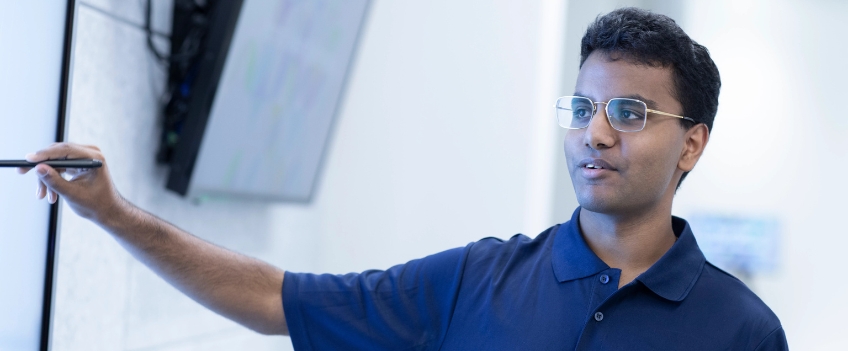
Honors Theses
Copyright Statement
All rights reserved. This publication is intended for use solely by faculty, students, and staff of Nova Southeastern University. No part of this publication may be reproduced, distributed, or transmitted in any form or by any means, now known or later developed, including but not limited to photocopying, recording, or other electronic or mechanical methods, without the prior written permission of the author or the publisher.
Date of Award
2023
Document Type
Honors Thesis - NSU Access Only
Department
Halmos College of Arts and Sciences and the Guy Harvey Oceanographic Research Center
Honors College
Farquhar Honors College Thesis
Honors College Dean
Andrea Nevins, Ph.D.
Home College Dean
Holly Lynn Baumgartner, Ph.D.
Faculty Advisor
Christi M. Navarro, Ph.D.
Abstract
Improving the knowledge, skills, and attitudes regarding feminine hygiene can have a transformative impact on the lives of women, especially those living in poverty who may not have access to affordable feminine hygiene products and lack the education needed to use them safely and effectively. The definition of knowledge pertains to the education and existing awareness women have regarding feminine hygiene and feminine hygiene awareness. Skills refer to the participant’s ability to use feminine hygiene products safely and effectively. Lastly, attitudes refer to how they feel, self-confidence, self-esteem, attendance, and mental health. Working on improving knowledge, skills, and attitudes about feminine hygiene will help transform the lives of women. Although people have access to menstrual essentials, many lack the education required to safely use them. The question being addressed in the research was: Does providing menstrual hygiene management resources and education programs to females improve their knowledge, skills, and attitudes? This project worked to measure how effective providing menstrual hygiene management resources and education programs to young women can be to improve their knowledge, skills, and attitudes toward the subject. Data from 17 individuals between the ages of 17 and 25 were used in the study and acquired with the help of an NGO organization in India, done virtually. The NGO works to provide women with the confidence and education they need to be successful in their future endeavors. The research consisted of a pre-assessment survey, an educational program, and a postassessment survey. In the pre-assessment survey, participants were asked a series of ten questions about their baseline knowledge of feminine hygiene. The educational program served as a platform to teach young women about various menstrual products and ways they can manage their feminine hygiene. Lastly, the post-assessment survey was administered after the educational program to measure the young women’s increase in knowledge, skills, and attitudes. Findings show that the educational program component was successful in improving participants’ overall learning outcomes of knowledge, skills, and attitudes about feminine hygiene between the pre-assessment and post-assessment surveys. This suggests that the educational component was effective.
NSUWorks Citation
Sruthi Kundur. 2023. Studying the Knowledge, Skills, and Attitudes of Young Women Related to Feminine Hygiene Awareness. Capstone. Nova Southeastern University. Retrieved from NSUWorks, Halmos College of Arts and Sciences and the Guy Harvey Oceanographic Research Center. (27)
https://nsuworks.nova.edu/honors_theses/27.

